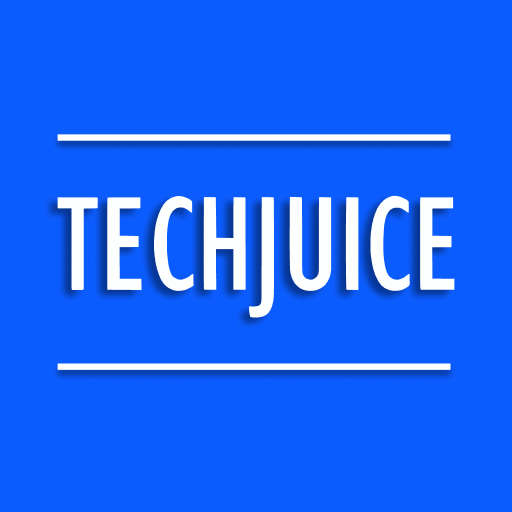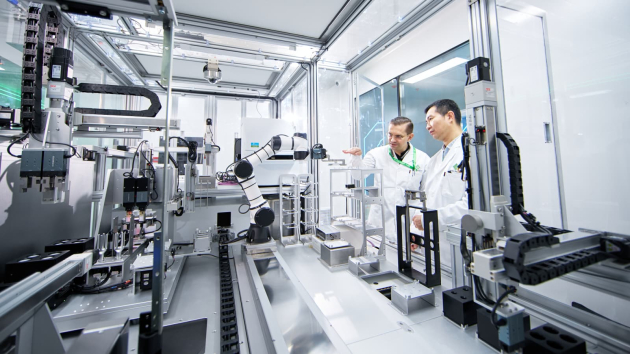

Insilico Medicine, a Hong Kong-based biotech startup, created the first fully AI-based drug as a treatment to cure idiopathic pulmonary fibrosis, a chronic lung disease.
The process of invention began back in 2020
Alex Zhavoronkov, CEO of Insilico Medicine, said, “It is a fully AI-based generated drug to reach human clinical trials and mainly phase II trials with patients.”
As we know, AI has proven itself in many fields, including health. Therefore, scientists and researchers are trying to utilize generative AI in as many ways as they can.
The first drug entirely based on AI has done wonders and entered minimal trials with human patients this week. Insilico Medicine, a Hong Kong-based startup with approximately $400 million in funding, has taken the lead in discovering the drug.
INSO18_055 is specifically made to cure idiopathic pulmonary fibrosis, a chronic disease that causes lung scarring. According to the National Institute of Health, the condition is spreading rapidly and is difficult to cure in medicine; it currently affects about 100,000 people in the U.S. and can lead to death within a short period if not treated properly.
“It is the first fully generative AI drug to reach human clinical trials, specifically Phase II trials with patients,” Alex Zhavoronkov, founder and CEO of Insilico Medicine, told CNBC. “While there are other AI-designed drugs in trials, ours is the first drug with a novel AI-discovered target and a novel AI-generated design.”
According to Zhavoronko, the complete discovery was a challenging phase and began in 2020, with an optimistic approach to creating a “moonshot” medicine to overcome challenges with current treatments for the condition, which mainly focus on slowing progression and can create intolerable side effects.
As per Zhavoronko, there was an objective behind choosing IPF in part due to the implications of the condition in aging, but the company has two other drugs partially generated by AI in the clinical stage. The first one is a Covid-19 drug in pause I clinical trials, and the other creative generation of AI is a Cancer drug, specifically a “USP 1 inhibitor for the treatment of solid tumors”, currently receiving FDA approval to initiate clinical trials.
“When this company was launched, we were focused on algorithms — developing the technology that could discover and design new molecules,”
Though the trials have been taking place for a long time in China, Hong Kong has decided to take the initiative. In addition, Insilico Medicine has planned to increase the testing phase to 60 subjects at 40 sites in China and the U.S. However, the IPF’s recent research is a randomized, pal ebo-controlled, double-masked trial taking action over 12 weeks in China. Suppose the current study in both countries will get successful. In that case, it will modify to a study with a larger cohort, conceivably, phase III research will occur with hundreds of participants.
Zhavoronko stated that “we expect results from the current phase II trial next year” .in addition, he also said that “it’s difficult to predict exact timing for future phases, especially since the disease is relatively rare and patients must fulfill specific criteria. We are optimistic that this drug will be ready for market and reach patients who may benefit from it in the next few years”.
Read more:
Top Chinese Firm Claims Its AI Chatbot is Better Than ChatGPT
Survey Reveals Most of the Irish Workforce Concerned about AI Impact on Salary
Spotify has announced a partnership with ElevenLabs, a leading AI audio provider, to introduce AI-narrated…
Jetour, a newly launched automotive brand in Pakistan, has announced its intentions to introduce two…
Consumer-grade spyware, commonly known as stalkerware or spouseware, is an ongoing security concern for Android…
Google is preparing to introduce "YouTube Premium Lite," a more affordable subscription tier aimed at…
OpenAI has announced the expansion of its AI-powered agent, Operator, to ChatGPT Pro subscribers in…
ISLAMABAD: Pakistani education fintech startup EduFi has won LEAP 2025, securing the top spot at…